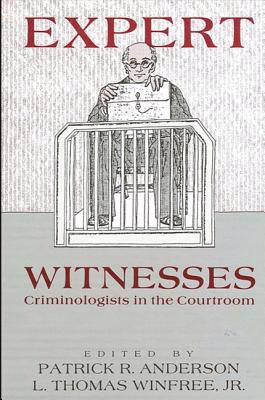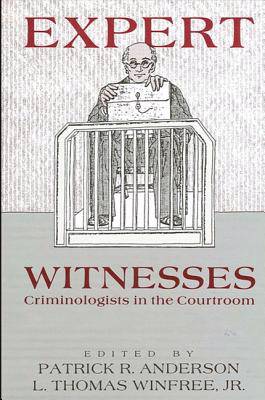
Bedankt voor het vertrouwen het afgelopen jaar! Om jou te bedanken bieden we GRATIS verzending aan op alles gedurende de hele maand januari.
- Afhalen na 1 uur in een winkel met voorraad
- Gratis thuislevering in België
- Ruim aanbod met 7 miljoen producten
Bedankt voor het vertrouwen het afgelopen jaar! Om jou te bedanken bieden we GRATIS verzending aan op alles gedurende de hele maand januari.
- Afhalen na 1 uur in een winkel met voorraad
- Gratis thuislevering in België
- Ruim aanbod met 7 miljoen producten
Zoeken
Expert Witnesses
Criminologists in the Courtroom
€ 145,45
+ 290 punten
Omschrijving
For the first time a book documents the judicial system's new dependence on social science testimony, especially that rendered by sociologists and criminologists. In Expert Witnesses contributors show that unlike traditional forensics testimony, the intrusion of social science data into judicial decision-making has relatively recent origins. It details the uses and abuses of social science experts, and the ethical and pragmatic concerns raised by their testimony. This timely collection will appeal to a diverse audience, including attorneys, judges, and students of judicial proceedings. Included in this volume are historical examinations of the expert witnessing phenomenon, the legal, social, and ethical debates regarding the appropriate role of such witnesses, and anecdotal descriptions by eminent social science experts. The authors address such pragmatic issues as an attorney's perspective on finding the most appropriate expert or formulating the "best" questions to ask in court, and an expert's perspective on getting aid or terminating a nonworking attorney-expert relationship.
Specificaties
Betrokkenen
- Uitgeverij:
Inhoud
- Aantal bladzijden:
- 237
- Taal:
- Engels
- Reeks:
Eigenschappen
- Productcode (EAN):
- 9780887064487
- Verschijningsdatum:
- 1/07/1987
- Uitvoering:
- Hardcover
- Formaat:
- Genaaid
- Gewicht:
- 508 g

Alleen bij Standaard Boekhandel
+ 290 punten op je klantenkaart van Standaard Boekhandel
Beoordelingen
We publiceren alleen reviews die voldoen aan de voorwaarden voor reviews. Bekijk onze voorwaarden voor reviews.











